Culture in overall national development: from awareness to action
Reporting to the National Assembly on the results of the implementation of the 5-year socio -economic development plan for 2021-2025, Prime Minister Pham Minh Chinh emphasized that despite the unpredictable fluctuations in the domestic and international context, Vietnam still achieved and exceeded 22/26 major socio-economic targets, especially all social, social security and cultural targets were excellently completed. This shows that culture has been and is being recognized in its right position - not only as a social field, but also as a pillar of national development.
If the first half of the term was a period when the country struggled to overcome the pandemic, the second half witnessed a "resurrection" of the Vietnamese spirit - where culture became a connecting thread, reviving the nation's confidence and soft power. From major celebrations such as the 70th anniversary of Dien Bien Phu Victory, the 50th anniversary of the Liberation of the South, the 80th anniversary of National Day September 2, to international events, Vietnam affirmed its position as a country with identity, vision and the ability to spread humanistic values.
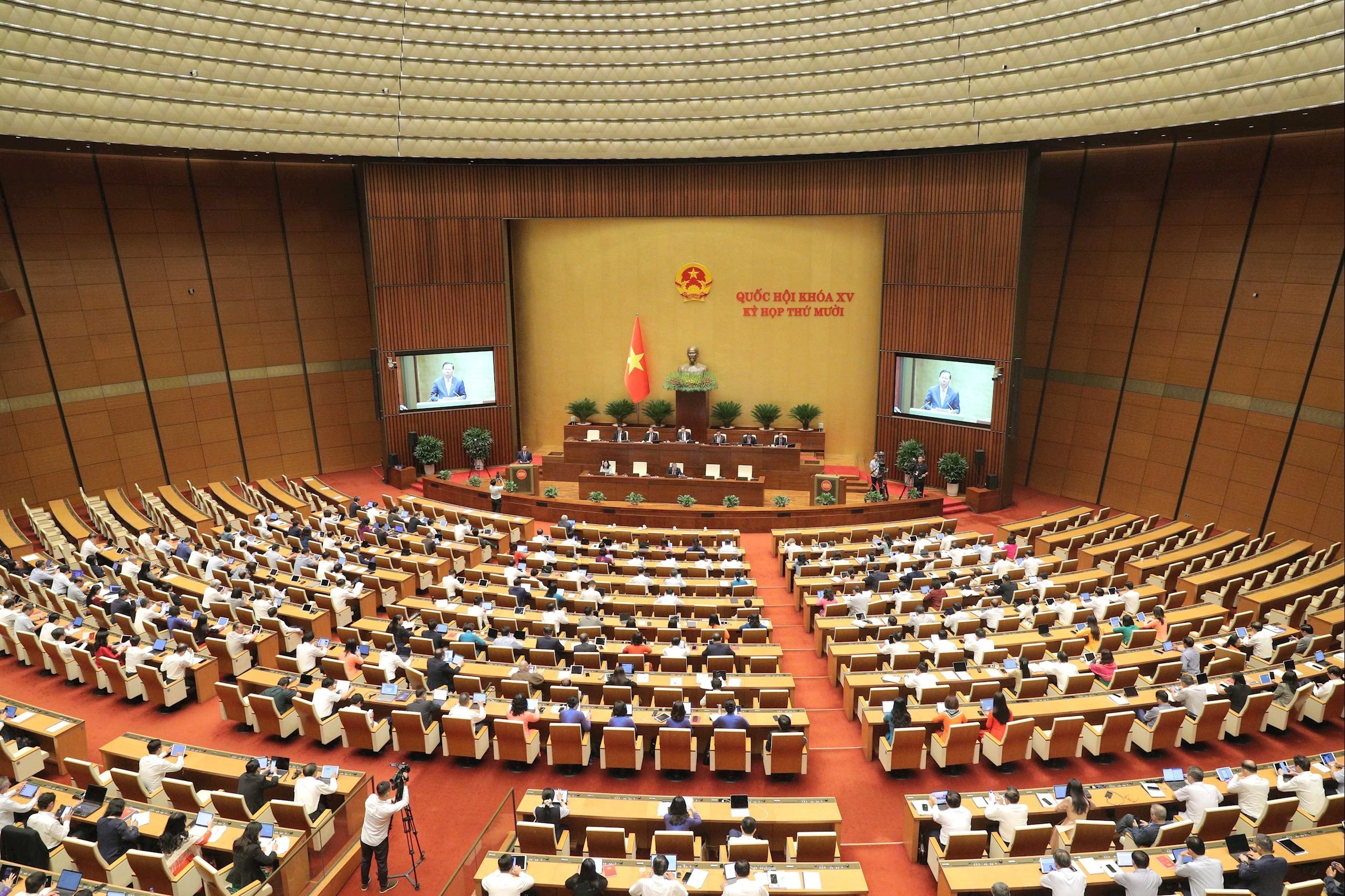
Culture is integrated into all public policies - from education, urban areas, health care to the environment - in the spirit of "harmony between material and spiritual". The Government considers culture as the "soul of the nation", an unlimited resource for sustainable development. Thanks to that, Vietnam's happiness index increased 37 places compared to 2020, ranking 46th in the world; HDI increased 18 places, to 93rd/193 countries - proving a country that not only grows but also develops comprehensively.
The 2021 - 2025 term also marks the completion of cultural institutions with a series of strategic decisions: implementing Resolution 33-NQ/TW on cultural development, Resolutions 66 and 68 on cultural industry, and the National Target Program on Cultural Development 2025 - 2035. These orientations are transforming culture from spiritual values to economic values, forming a model of "cultural - creative - knowledge economy".
The new development mindset was affirmed at the National Assembly: economy is the body, politics is the orientation, culture is the soul of development. Thanks to that harmonious combination, in the past 5 years, Vietnam has not only overcome global fluctuations, but also positioned itself as a country entering the cultural era of development - where people, creativity and Vietnamese identity become the center of all strategies.
Cultural imprints in the development picture of the past 5 years
The Government report shows that over the past 5 years, culture has no longer been on the sidelines of growth but has stepped into the forefront of development. In a challenging global context, Vietnam has still fulfilled all social, security and cultural targets, affirming that culture is “the spiritual foundation of society, both the goal and the driving force of development”.
The cultural and creative industries are thriving, shaping up as a new economic sector. Creative spaces, art centers, and national festivals are flourishing, demonstrating the vitality of a modern Vietnamese culture that is still imbued with its identity. Vietnam has 10 more cultural heritages recognized by UNESCO; the National Exhibition Center is completed, ranked among the 10 largest centers in the world - a symbol of modern cultural infrastructure, connecting creativity and tourism.
Culture is also reflected in human resources policies. In the 2021 - 2025 period, the State spent up to 1.1 million billion VND on social security, accounting for 17% of total budget expenditure, the highest level ever. Policies on tuition exemption and support, building schools in border areas, reducing the multidimensional poverty rate from 4.4% to 1.3% clearly demonstrate the development orientation that takes people as the center. Average income increased from 5.5 to 8.3 million VND/month, spiritual life improved significantly - vivid manifestations of the connection between economy and culture.
Digital transformation in the cultural sector is strongly promoted, forming a national database on heritage, art, sports, and tourism; many localities apply digital technology to promote cultural values, from virtual museums to online performances. Culture is "digitized", spreading to all classes, becoming the spiritual energy of digital society.
Important events such as the Exhibition “80 Years of the Journey of Independence - Freedom - Happiness”, the Anniversary of Dien Bien Phu Victory, Liberation of the South or National Day September 2 are organized as “festivals of the people”, arousing pride, aspiration and solidarity - the core values of Vietnamese character.
Looking from the National Assembly forum, it can be said that culture has returned to the center of development - where people are both the goal and the driving force of all policies. In these achievements, culture is present quietly but persistently, like an underground stream nurturing Vietnam's aspiration for self-reliance in the new era.
In addition to achievements, the Government Report also pointed out many limitations that require a new approach: considering culture not only as a field of preservation, but also as a productive, creative industry that directly contributes to growth. All socio-economic policies must be imbued with the spirit of culture; all cultural achievements must contribute practically to national development.
Culture - the axis of development in the era of growth
From the report submitted to the National Assembly, it can be seen that the Government is opening up a strategic vision for cultural development for the new period. In the orientation for 2026 and the following years, culture is placed in the overall development axis of the country, along with institutional innovation, infrastructure improvement and human development. The Government has identified the key task as perfecting the synchronous development institution, converting pilot models of specific policies into a common framework for the whole country, thereby creating a unified legal corridor for the development of creative industries, culture, tourism and technology.
The focus of 2026 will be on perfecting the policy mechanism for human and cultural development in the digital context, associated with the goal of promoting comprehensive digital transformation in the Government, local authorities and social life. Programs such as “Project 06” and “Digital Education for All” will be implemented to help people access knowledge, culture and public services more equally.
Vietnam's cultural vision in the coming period aims to create a culture of sustainable development, deep integration and strong national identity. The implementation of the National Target Program on Cultural Development for the period 2025 - 2035 will create a solid institutional foundation to mobilize social resources, promote public-private cooperation, support localities, artists, creative businesses, and develop modern, community-friendly cultural institutions.
Along with that, education, training and science and technology are oriented to become the pillars of creative culture. The “three-axis linkage” model - culture, knowledge and technology - will be the foundation for Vietnam’s human development strategy in the new decade. The Government also aims to form a set of Vietnam Cultural Development Index (VCI) similar to HDI, to measure and evaluate the level of contribution of culture to socio-economic growth.
This direction shows that Vietnam is gradually shifting to a new development model - an economic model based on cultural and creative values, where culture is no longer the "software" of development, but the "operating system" of the future.
Source: https://daibieunhandan.vn/van-hoa-nen-tang-tinh-than-va-dong-luc-phat-trien-10392320.html


![[Photo] Da Nang residents "hunt for photos" of big waves at the mouth of the Han River](https://vphoto.vietnam.vn/thumb/1200x675/vietnam/resource/IMAGE/2025/10/21/1761043632309_ndo_br_11-jpg.webp)

![[Photo] Prime Minister Pham Minh Chinh meets with Speaker of the Hungarian National Assembly Kover Laszlo](https://vphoto.vietnam.vn/thumb/1200x675/vietnam/resource/IMAGE/2025/10/20/1760970413415_dsc-8111-jpg.webp)


![[Photo] Prime Minister Pham Minh Chinh received Mr. Yamamoto Ichita, Governor of Gunma Province (Japan)](https://vphoto.vietnam.vn/thumb/1200x675/vietnam/resource/IMAGE/2025/10/21/1761032833411_dsc-8867-jpg.webp)
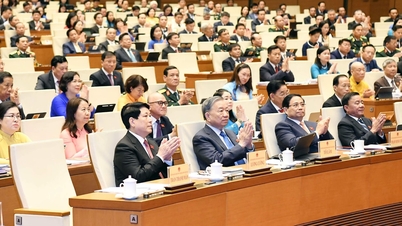
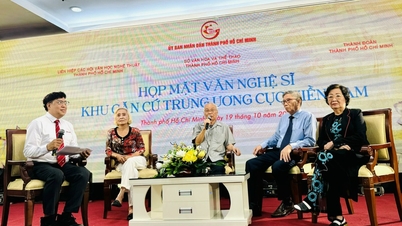

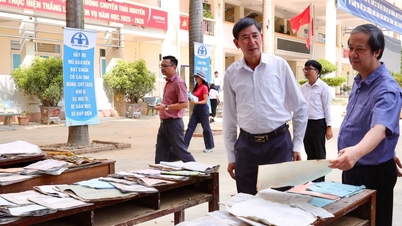



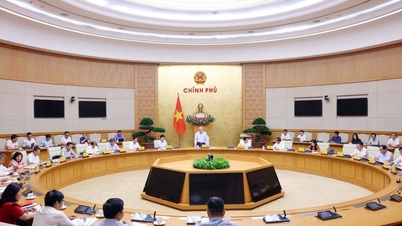

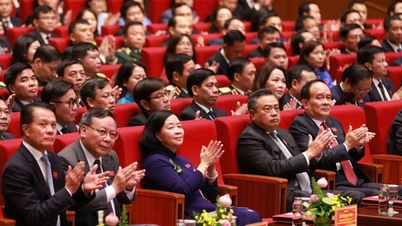

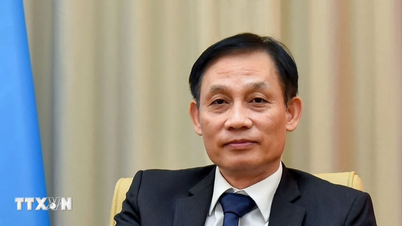

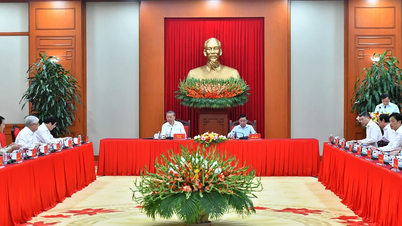

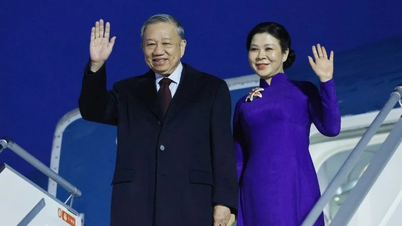
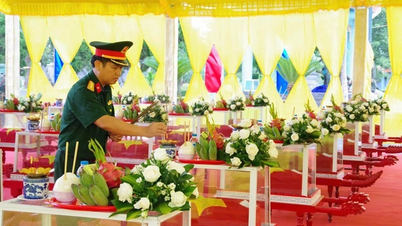
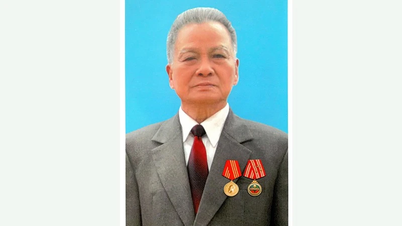
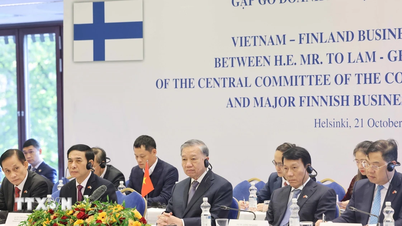




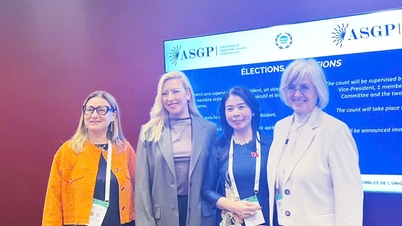
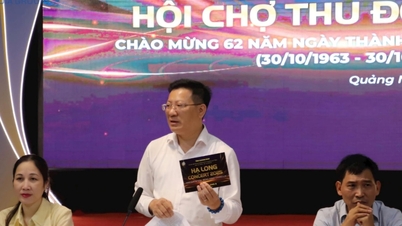
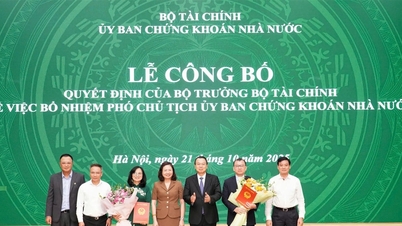
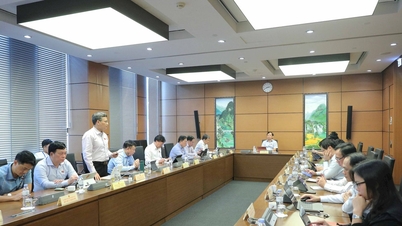
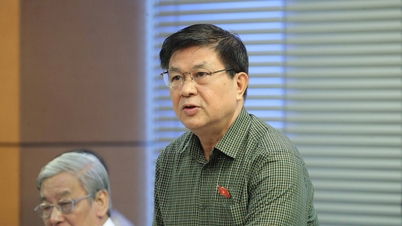
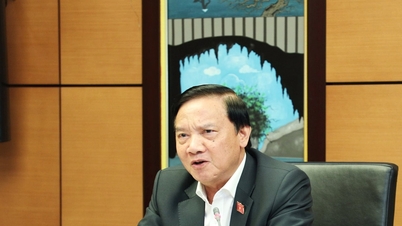



















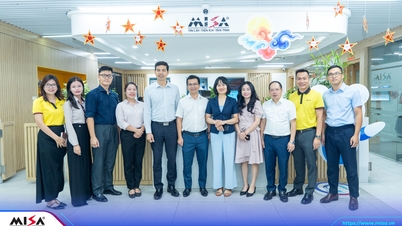














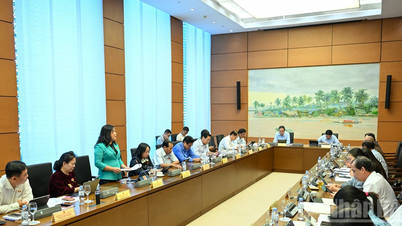
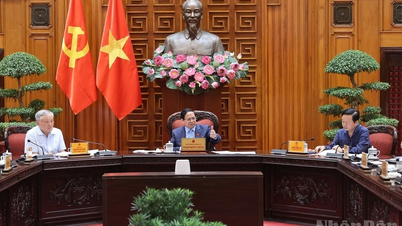
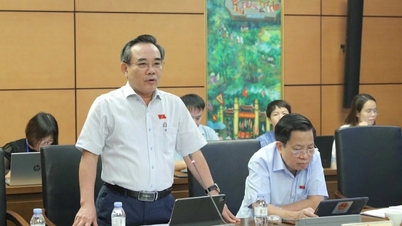
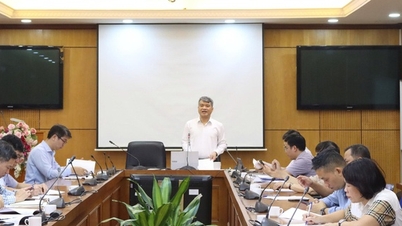
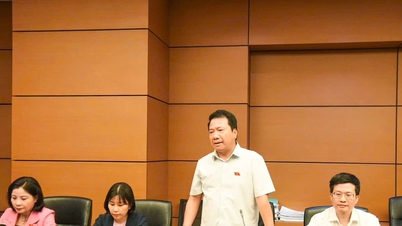
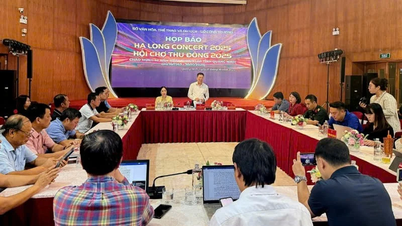
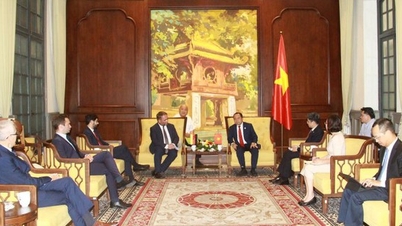

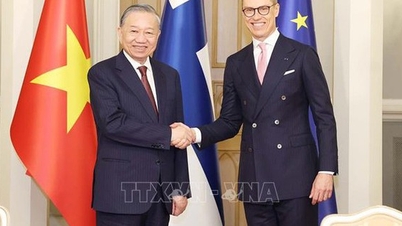
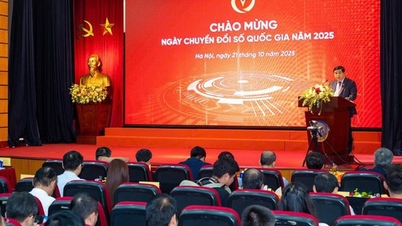


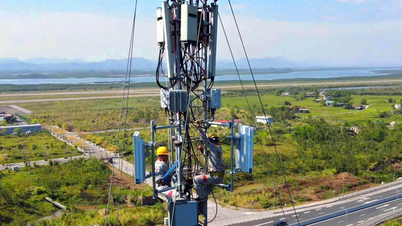
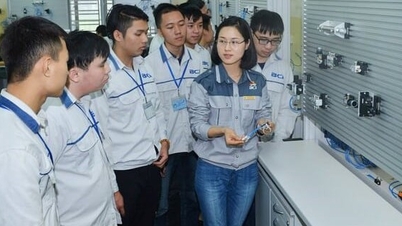
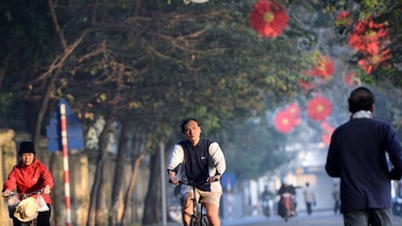


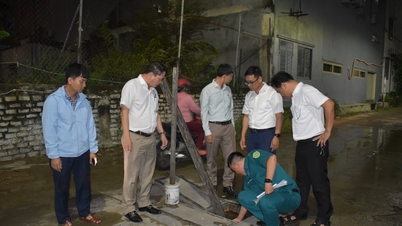

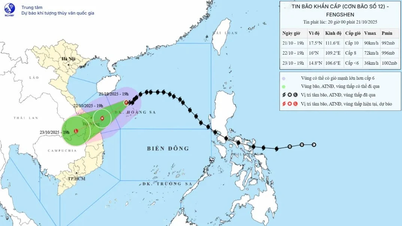

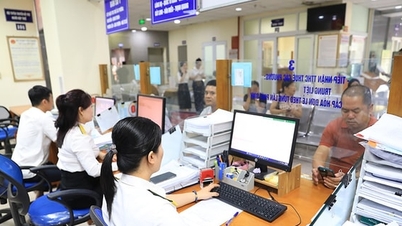












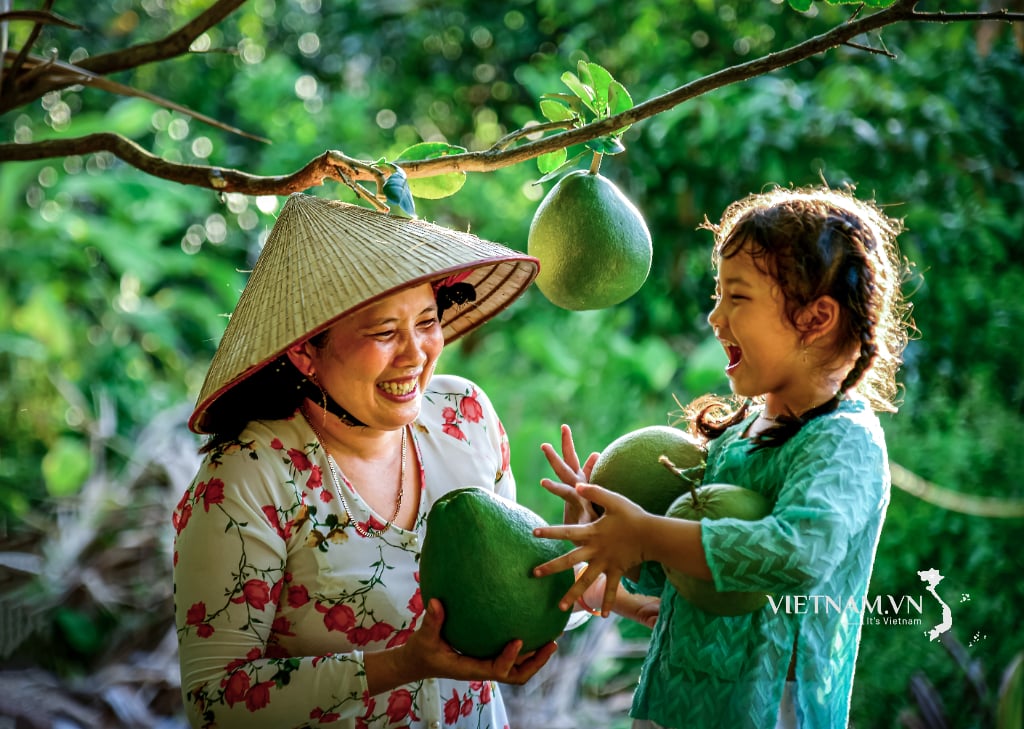
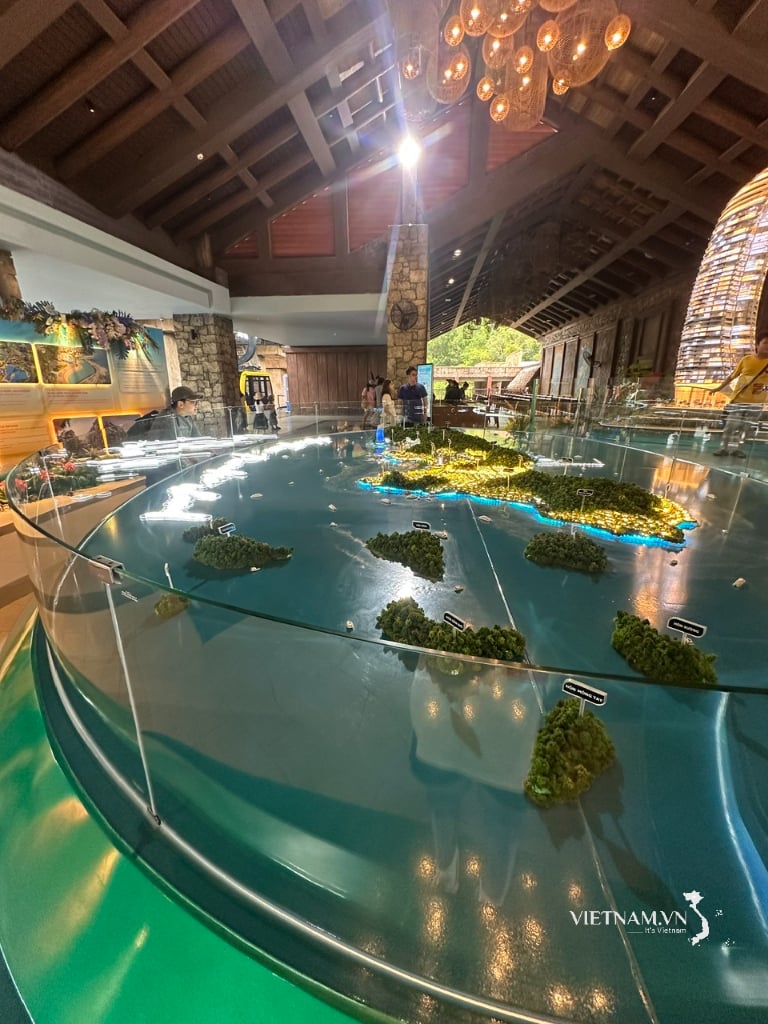

Comment (0)